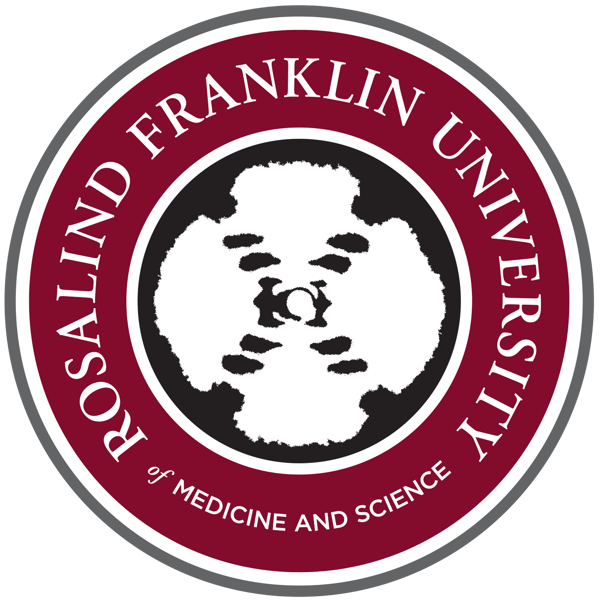028 - Malaria Prophylaxis
HelixTalk - Rosalind Franklin University's College of Pharmacy Podcast
Sean P. Kane, PharmD, BCPS
5 • 644 Ratings
🗓️ 30 June 2015
⏱️ 29 minutes
🧾️ Download transcript
Summary
In this episode, we discuss malaria prophylaxis with atovaquone/proguanil, chloroquine, hydroxychloroquine, doxycycline, mefloquine, and primaquine.
Transcript
Click on a timestamp to play from that location
| 0:00.0 | Welcome to Helix Talk, a podcast presented by the Rosalind Franklin University College of Pharmacy. |
| 0:09.8 | We're hoping that our real-life clinical pearls and discussions will help you stay up to date |
| 0:15.3 | and improve your pharmacy knowledge. This podcast contains general information for educational purposes only. This is not |
| 0:23.1 | professional advice and should not be used in lieu of obtaining advice from a qualified health care |
| 0:27.8 | provider. And now, on to the show. Welcome to Helix Talk episode 28. I'm your co-host, |
| 0:33.9 | actor King. I'm Dr. Schumann. And I'm Dr. Patel. And today we're covering a topic that is near and dear to, at least Dr. Schumann's heart, |
| 0:42.0 | with a recent travel experience. |
| 0:44.2 | And that's going to be malaria prophylaxis. |
| 0:46.8 | Yeah, and with the interest of time, |
| 0:48.0 | I remember we were talking about prophylaxis |
| 0:50.0 | and not really a treatment. |
| 0:51.2 | So all the medication and the doses we're going to mention for |
| 0:54.5 | prophylaxis purpose. Yeah, and to give you some concept of why malaria prophylaxis is so |
| 1:00.3 | important, a recent article in The Lancet mentioned that there were 216 million with an M cases of |
| 1:07.5 | malaria in the past year. And of those those there were 655,000 deaths. |
| 1:12.6 | And that's worldwide. Most of those are in sub-Saharan Africa, but for people who travel from the US to other countries where malaria is more prevalent, |
| 1:21.6 | it's something that we have to worry about. In the past year, based on what the CDC is reported, there's about 1,500 cases of people |
| 1:30.3 | in the U.S. who have malaria or who acquired malaria. It's almost always due to travel outside |
| 1:36.3 | of the U.S. |
| 1:37.3 | Yeah, and I think that is a very important point to be made here. That this is a travel-related |
| 1:43.3 | disease. A lot of the time when you travel in the indigenous area where malaria is very prevalent, |
| 1:48.0 | you come back. |
... |
Please login to see the full transcript.
Disclaimer: The podcast and artwork embedded on this page are from Sean P. Kane, PharmD, BCPS, and are the property of its owner and not affiliated with or endorsed by Tapesearch.
Generated transcripts are the property of Sean P. Kane, PharmD, BCPS and are distributed freely under the Fair Use doctrine. Transcripts generated by Tapesearch are not guaranteed to be accurate.
Copyright © Tapesearch 2025.

